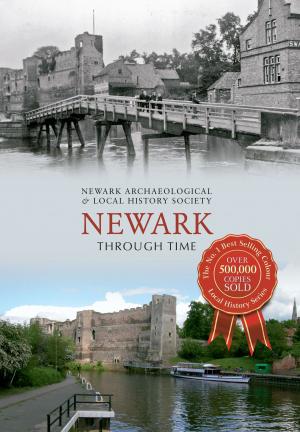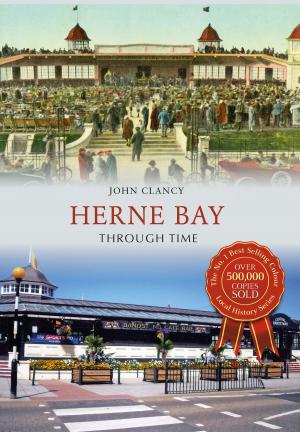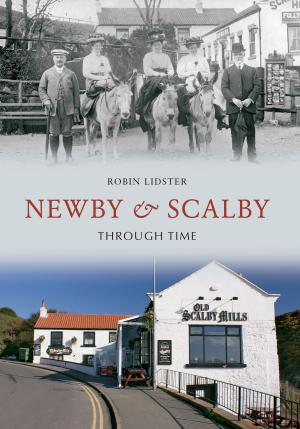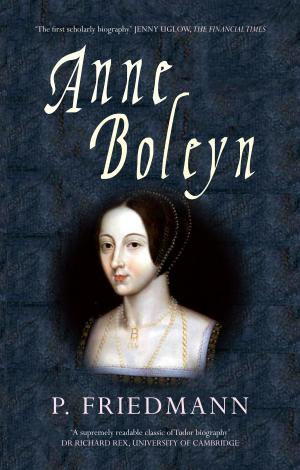Shakespeare's Dark Lady
Amelia Bassano Lanier The Woman Behind Shakepeare's Plays?
Fiction & Literature, Literary Theory & Criticism, British, Nonfiction, History| Author: | John Hudson | ISBN: | 9781445621661 |
| Publisher: | Amberley Publishing | Publication: | March 15, 2014 |
| Imprint: | Amberley Publishing | Language: | English |
| Author: | John Hudson |
| ISBN: | 9781445621661 |
| Publisher: | Amberley Publishing |
| Publication: | March 15, 2014 |
| Imprint: | Amberley Publishing |
| Language: | English |
Amelia Bassano was born in 1569 into a family of Venetian Jews who were court musicians to Queen Elizabeth I. At about the age of thirteen, she became mistress to the fiftysix-year-old Lord Hunsdon, Henry VIII’s reputed son by Mary Boleyn. As Lord Chamberlain, Hunsdon was in charge of the English theatre and would become the patron of the company that performed the Shakespearean plays. Amelia lived with him for a decade, during which time she also had an affair with the playwright Christopher Marlowe. When she became pregnant, Amelia was exiled from court and next surfaces as the mysterious ‘dark lady’ in Shakespeare’s sonnets. At the age of forty-two, she became the first woman to publish a book of original poetry, employing linguistic features resembling the later Shakespearean plays. Amelia died in poverty in 1645. Drawing upon a wealth of documentary evidence, this controversial and provocative book unites Tudor history, feminism, and Shakespeare scholarship to demonstrate that Amelia Bassano was in all the right places and had all the right knowledge, skills, and contacts to have produced the Shakespearean canon.
Amelia Bassano was born in 1569 into a family of Venetian Jews who were court musicians to Queen Elizabeth I. At about the age of thirteen, she became mistress to the fiftysix-year-old Lord Hunsdon, Henry VIII’s reputed son by Mary Boleyn. As Lord Chamberlain, Hunsdon was in charge of the English theatre and would become the patron of the company that performed the Shakespearean plays. Amelia lived with him for a decade, during which time she also had an affair with the playwright Christopher Marlowe. When she became pregnant, Amelia was exiled from court and next surfaces as the mysterious ‘dark lady’ in Shakespeare’s sonnets. At the age of forty-two, she became the first woman to publish a book of original poetry, employing linguistic features resembling the later Shakespearean plays. Amelia died in poverty in 1645. Drawing upon a wealth of documentary evidence, this controversial and provocative book unites Tudor history, feminism, and Shakespeare scholarship to demonstrate that Amelia Bassano was in all the right places and had all the right knowledge, skills, and contacts to have produced the Shakespearean canon.















